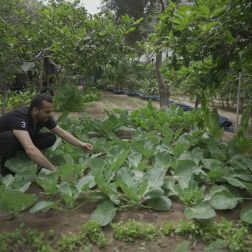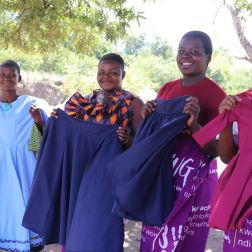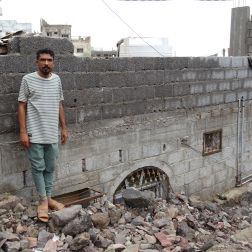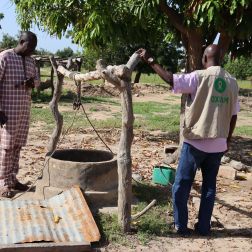- 5 mins read time
- Published: 31st March 2020
COVID-19: Only if the most vulnerable are safe, are we all safe
The collective efforts to tackle the virus that we are seeing across Ireland and the UK have been impressive. However, it’s critical that we act now to prevent it spreading unchecked among the poorest and most vulnerable countries.
As former Liberian President Ellen Johnson Sirleaf said recently, coronavirus anywhere is a threat to people everywhere. Only if and until the most vulnerable are safe, are we all safe. We cannot afford to leave anyone behind.
In the face of a pandemic, it doesn’t matter where you come from or what language you speak. Nobody is immune to this virus – not royalty, not prime ministers.
The situation for the most vulnerable
While the wealthy can be tested and treated quickly with the help of functioning healthcare systems, millions of others face uncertainty in the midst of a global threat.
The world’s poorest communities are particularly vulnerable, as they already face multiple threats to their health and livelihoods. Nearly three billion people across the developing world have no access to clean water, while millions more don’t have adequate healthcare and live in crowded slums or refugee camps where social isolation is impossible.
We are concerned that COVID-19 will overwhelm poorer countries with weak public health systems. In Mali, for example, there are just three ventilators for one million people, while in Zambia, there is only one doctor for 10,000 people. Even more worrying is the prospect of the virus hitting refugee camps or anywhere else where people are already struggling to access healthcare or food.
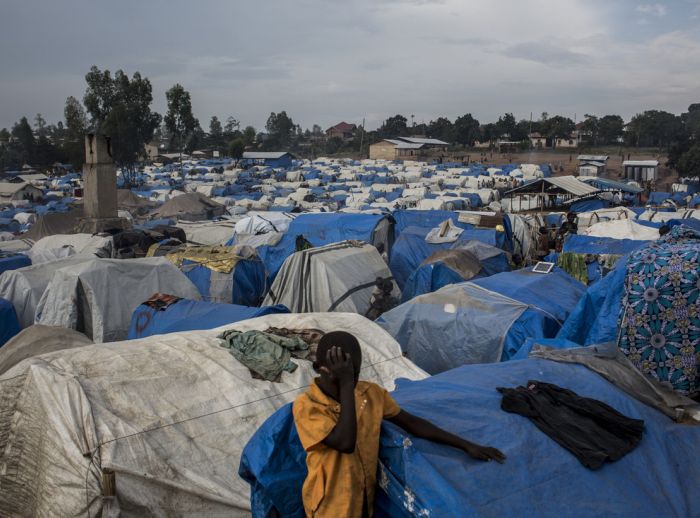
Women on the frontline
Women are on the frontline of infection risk – they make up 70 percent of health workers and carry out most unpaid care work, so it will most likely hit them the hardest.
Women also shoulder the vast burden of unpaid care which is bound to increase dramatically, whether caring for sick relatives or looking after children at home because schools are closed.
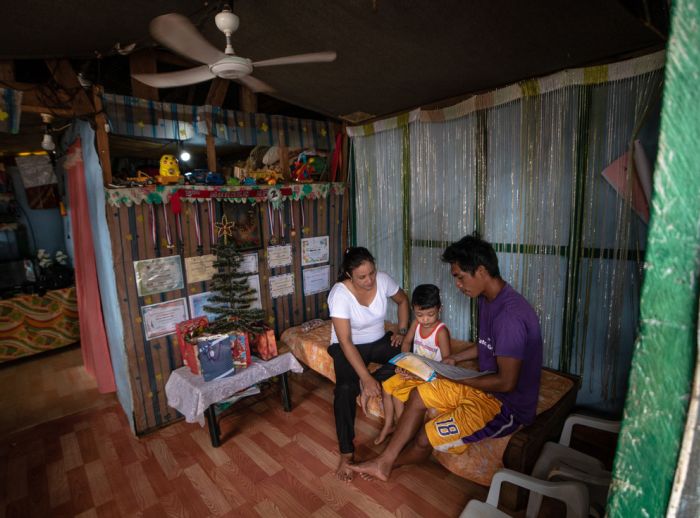
What we need to tackle this crisis
Governments in rich countries have mobilised billions of dollars in no time to fight COVID-19 and its effects. They should now support poorer countries in making the strongest-possible preparations to fight the coronavirus health emergency.
We are urging the leaders of the G20 to urgently provide the necessary resources to reduce the loss of life and support those most vulnerable.
We need to double health spending in poor countries to prevent some 40 million deaths. That’s the estimate of how many people could die worldwide from coronavirus, according to Imperial College London, unless there is an urgent and coordinated global response.
Oxfam calculates that doubling the public health spending would cost nearly $160 billion (€145/£130bn). This is less than 10 percent of the US fiscal stimulus to fight coronavirus. The required investment is minute compared to the social and economic costs of inaction.
Immediate debt cancellation and aid funding for the 85 poorest countries, home to nearly half the world’s population, would enable them to take action to prevent the spread of the disease and improve health systems to care for those affected.
Our response to the virus
We are working with local partners, governments and key UN agencies to support our programme teams across more than 65 countries on how best to respond operationally to COVID-19.
This includes preventive measures especially for people in higher-risk environments such as refugee camps or crowded urban areas.
In Cox’s Bazar, for instance, Rohingya refugees face the double threat of COVID-19 and the imminent monsoon rains which will turn the camps in Bangladesh into infected rivers of mud. We’re distributing soap and building showers, toilets and handwashing stations to prevent the spread of diseases including coronavirus. In addition, we’ve recruited more than 600 Rohingya volunteers to help us reach other refugees with hygiene information.
We’re doing all we can to prevent the spread of COVID-19 in the world’s most vulnerable communities. You can help us save lives.
